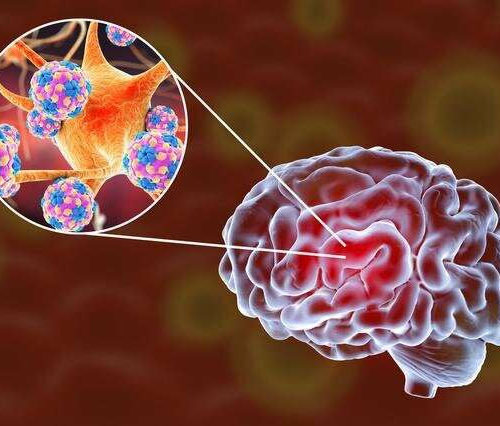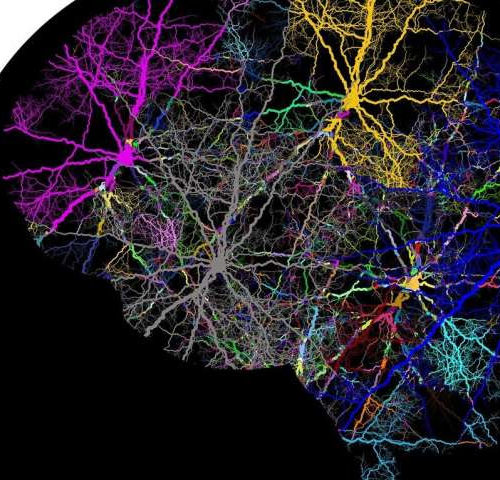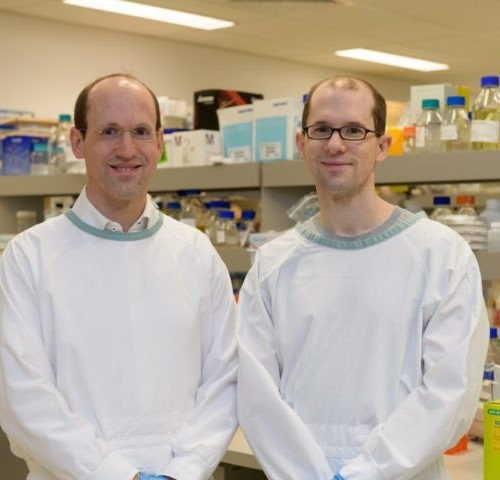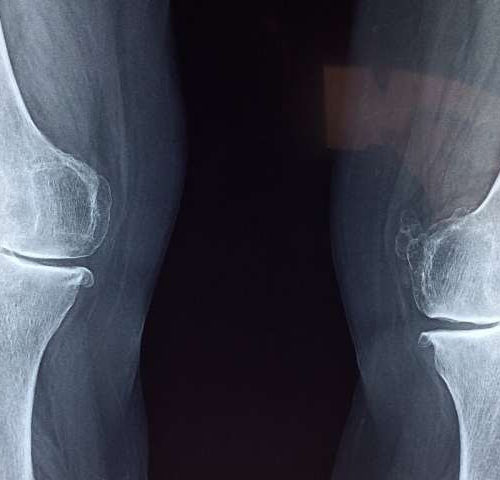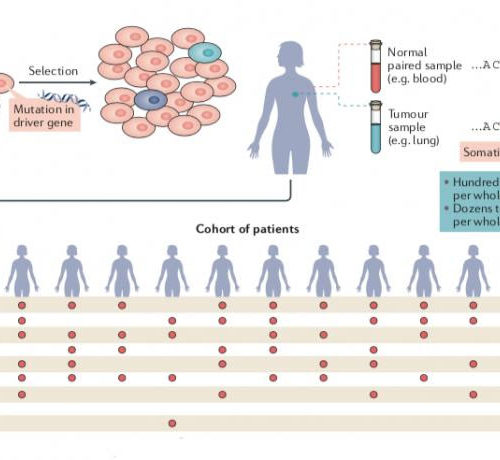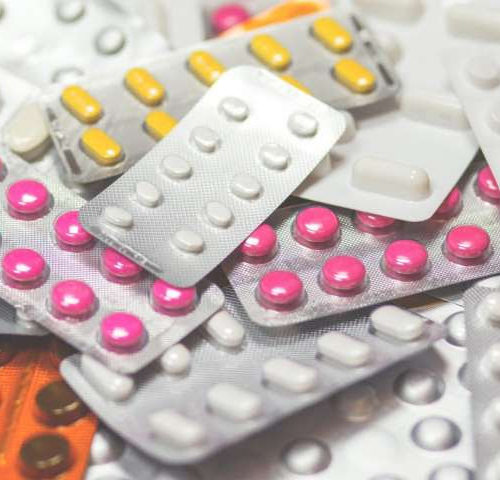People love discussing potential harms and benefits of cannabis. It is primarily a recreational drug and there is no other way around – most people use it for pleasure. However, that is not to say that there are no benefits. Non-psychoactive substance cannabidiol (CBD) does help reducing inflammation, but it could also be useful in...
Tag: <span>potential drug</span>
Heart repair factor boosted by RNA-targeting compound
Disney lab collaboration reawakens heart cells’ silenced VEGF-A healing system by targeting non-coding RNA SCRIPPS RESEARCH INSTITUTE CHEMISTRY PROFESSOR MATTHEW DISNEY, PHD, IN HIS LAB AT SCRIPPS RESEARCH IN JUPITER, FLORIDA. DISNEY AND HIS GRADUATE STUDENT, HAFEEZ HANIFF, DEVELOPED A COMPOUND THAT ACTS ON NON-CODING RNA TO… view more CREDIT: MATTHEW STURGESS FOR SCRIPPS RESEARCH...
Scientists prove SARS-CoV-2 potential to infect human brain organoids
by Li Yuan, Chinese Academy of Sciences SARS-CoV-2 can infect human neural progenitor cells and brain organoids, as shown by researchers from the Shenzhen Institutes of Advanced Technology (SIAT) of the Chinese Academy of Sciences and their collaborators from The University of Hong Kong (HKU). Their study was published in Cell Research on August 4....
New form of brain analysis engages whole brain for the first time
by Duke University A new method of brain imaging analysis offers the potential to greatly improve the effectiveness of noninvasive brain stimulation treatment for Alzheimer’s, obsessive compulsive disorder, depression, and other conditions. Duke researchers developed the new method, which for the first time analyzed the whole brain network rather than a single region of the...
Microglia might lessen seizure severity in epilepsy
by American Physiological Society New research in mice highlights the potential protective effect of microglia—a type of non-neuronal cell in the brain—against overactivation of the central nervous system during acute epileptic seizures. The study is published in the American Journal of Physiology-Cell Physiology. Epilepsy is a brain disorder in which the electrical activity of the...
Gene therapy could potentially reverse memory loss from Alzheimer’s in humans
Researchers from Macquarie University have discovered a world-first new treatment that reverses the effects of memory loss associated with Alzheimer’s disease in a study of mice with advanced dementia. The research, co-led by two brothers, Dr Arne Ittner and Professor Lars Ittner, from Macquarie University Dementia Research Centre, builds on their work begun in 2016...
Researchers find method to regrow cartilage in the joints
by Christopher Vaughan, Stanford University Medical Center Researchers at the Stanford University School of Medicine have discovered a way to regenerate, in mice and human tissue, the cushion of cartilage found in joints. Researchers at the Stanford University School of Medicine have discovered a way to regenerate, in mice and human tissue, the cushion of...
568 genes identified with the potential to trigger cancer
INSTITUTE FOR RESEARCH IN BIOMEDICINE (IRB BARCELONA) ANALYSIS OF THE GENOMES OF 28,000 TUMORS FROM 66 TYPES OF CANCER. view more CREDIT: IRB BARCELONA Cancer is a group of diseases characterised by uncontrolled cell growth caused by mutations, and other alterations in the genome of cells. A tumour can present from hundreds to thousands of...
Negative side effects of opioids could be coming from users’ own immune systems
by American Chemical Society larger the dose of opioid, the larger the antibody response. “This was surprising,” Kyzer says. “We saw antibody responses in people who were taking large doses for as little as 6 months.” The scientists are now working on isolating the key opioid antigenic intermediates in the body that prompt the generation...
Patients taking long-term opioids produce antibodies against the drugs
by Eric Hamilton, University of Wisconsin-Madison University of Wisconsin-Madison scientists have discovered that a majority of back-pain patients they tested who were taking opioid painkillers produced anti-opioid antibodies. These antibodies may contribute to some of the negative side effects of long-term opioid use. Existing antibodies may also limit the benefit a patient receives from an...



